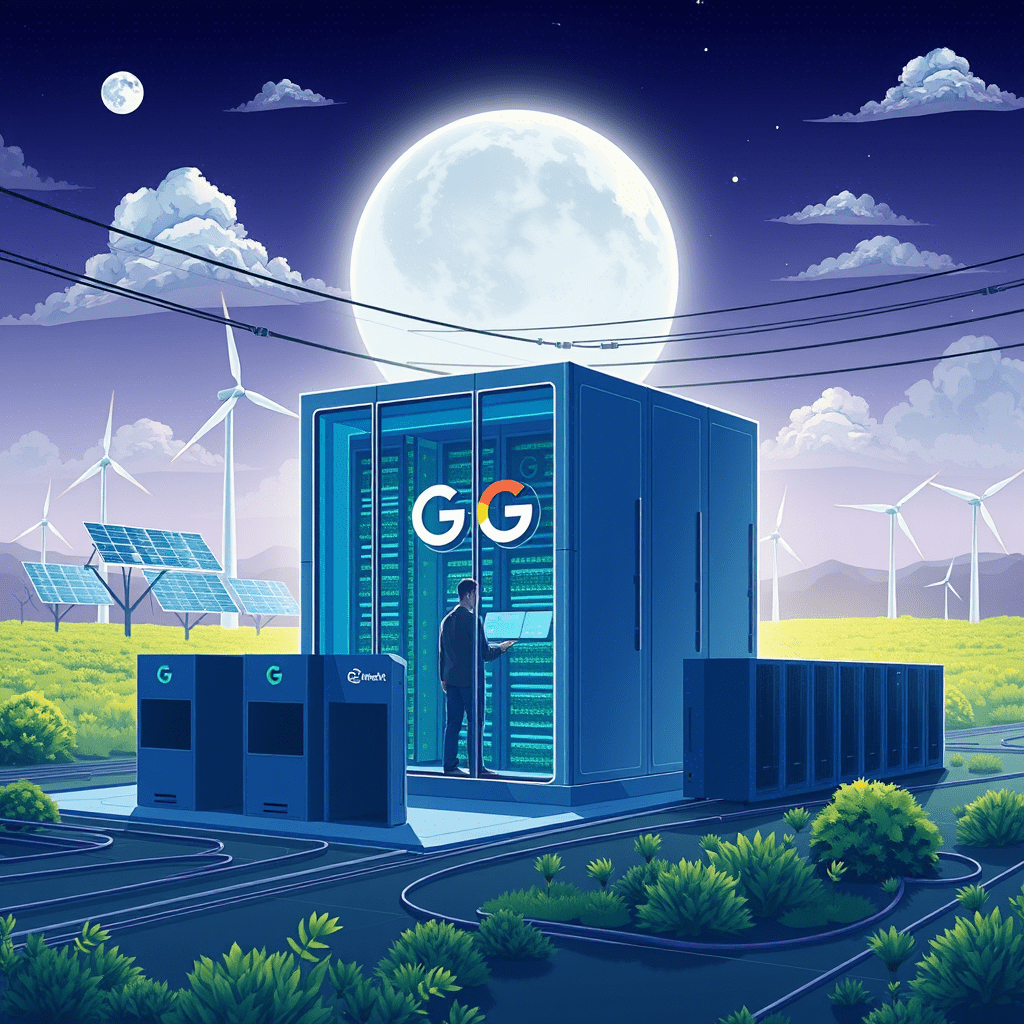In a landmark move toward securing clean, reliable energy for its rapidly expanding data centers, Google has partnered with nuclear startup Elementl Power to develop three advanced nuclear reactor sites totaling 1.8 gigawatts (GW) of electricity generation capacity. This collaboration underscores the tech giant’s commitment to achieving 24/7 carbon-free energy while meeting the soaring power demands driven by AI and cloud computing. The project will feature next-generation small modular reactors (SMRs), marking a pivotal moment in the evolution of nuclear energy and its integration into the modern grid.





